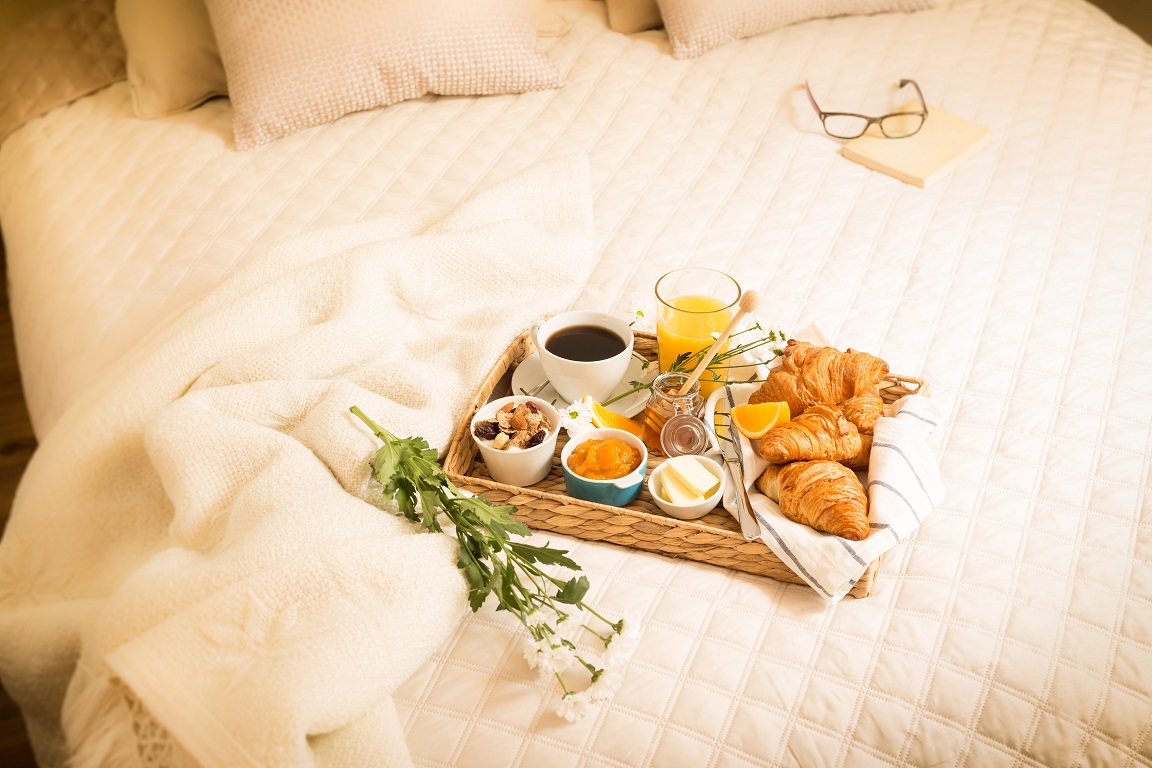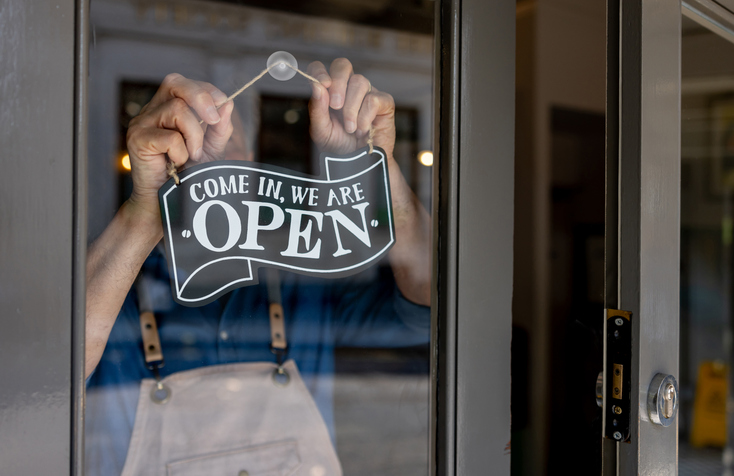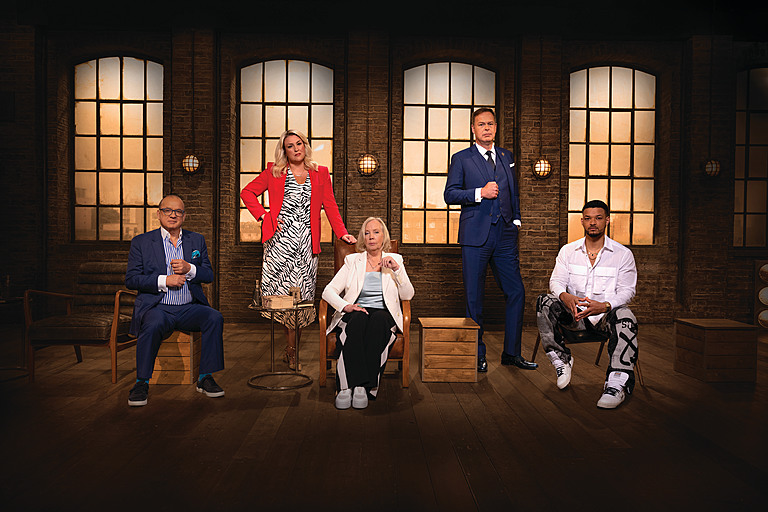Before launching your Bed and Breakfast business you need to do some introspection: think about whether you’re a people person and an organised, neat and tidy person.
Clear up whether you’ll need planning permission. You’ll need this if you’re using more than three rooms as guest rooms. Get a food hygiene certificate and stay on top of your licensing if you’re serving alcohol or playing music. Browse licences at the gov uk website.
>See also: Does my small business require a licence?
Think location – is there entertainment and dining within walking distance? Perhaps you could provide offers to guests if you send business their way.
Remember the maintenance costs count alongside your setting up costs. Linens will frequently need to be replaced, as will tea and coffee in the room(s). Remember to factor in mortgage and rent costs. As for room rates, find out what other B&Bs in the area charge and how your service compares to theirs. If you offer more services or better amenities, charge more. Even if the facilities you offer are much the same, perhaps charge lower at first while you build up your reputation.
Review your home insurance policy as it won’t cover your B&B costs. Public liability insurance will cover you for loss of income if you have to close, food and drink supplied on the premises, theft of goods, office equipment and your guests’ belongings. Once you’ve got all of that sorted, carry out a fire risk assessment.
Having automated systems for booking in place will help you to secure bookings around the clock so you don’t have to be ‘always on’.
One more thing: have separate spaces in the building for yourself which are off-limits to guests. Even the most sociable person needs to have a sanctuary to relax in during quieter times.
Related: Tips on running a B&B – Alice Douglas offers some key tips about running a B&B derived from her 15 years of experience.




